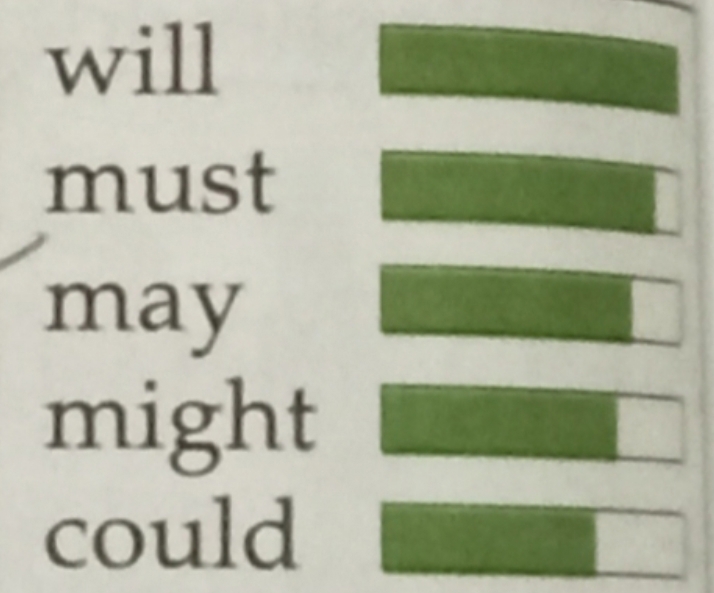I. Using must and will for certainty:
OP's query on modal verbs:
- If you give Angelo the news now, it must upset him, so tell him later on.
- If you give Angelo the news now, it will upset him, so tell him later on.
"Will" is better than "must" here. Let’s explore why:
To express probability or certainty, modal verbs vary in strength:
II. Modal verbs used to show probability/ possibility..
Ref Adventures with Grammar and Composition, Beena Sugatham. Oxford Printing Press.
.
- We can also use may or might to show probability or possibility.
- May indicates a good possibility and might, a weak possibility though there is very little difference.
- Can/ could expresses still weaker possibility than might.
- Must and will can also be used to indicate certainty or likelihood.
- Must expresses a logical certainty and is used in a context stronger than may.
- Will is used when we are one hundred per cent sure.
Must shows a logical certainty, often based on current evidence or deduction. For instance:
- Angelo was close to his wife, so the news must upset him.
Will implies near-absolute certainty about future events or reactions.
In this sentence, because we’re predicting a future reaction to the news, will is the natural choice.
Using could shows very less certainty.


